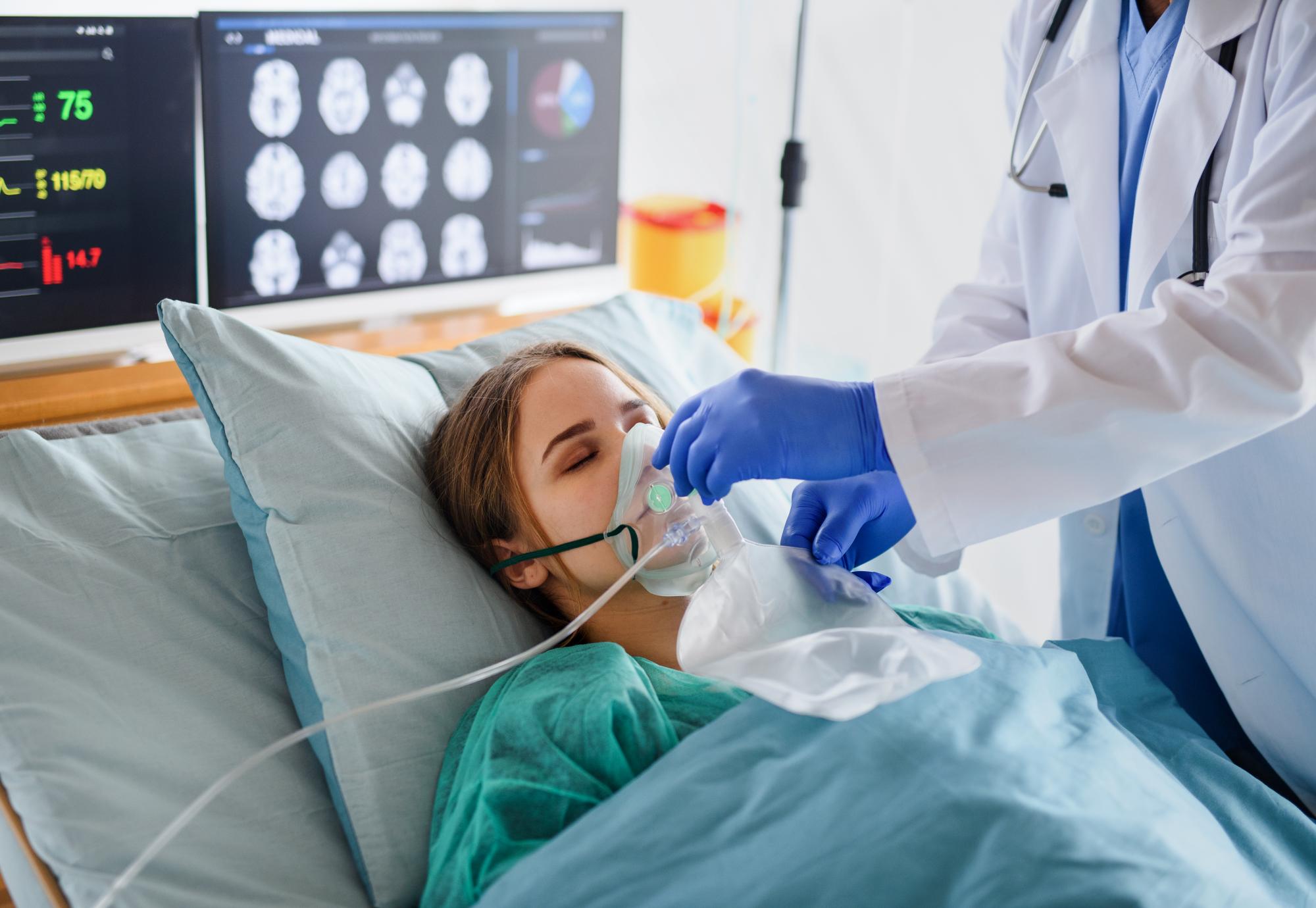During a Covid-19 trial, the University of Warwick and the Queen’s University Belfast, found that continuous positive airway pressure (CPAP) reduced the need for invasive ventilation for hospitalised patients.
The trial known as RECOVERY-RS is the world’s largest non-invasive respiratory support trial for Covid-19 – with more than 1,200 participants taking part across 48 UK hospitals.
At North Manchester General Hospital – which formally joined Manchester University NHS FT in April 2021 – 17 patients took part in the study.
The study compared three commonly used respiratory interventions, to find out what the best method was for treating Covid-19 patients experiencing acute respiratory failure.
Professor Gavin Perkins, Chief Investigator and Professor in Critical Care Medicine, at Warwick Medical School at the University of Warwick, said: “The RECOVERY-RS trial showed that CPAP was effective at reducing the need for invasive ventilation, thus reducing pressures on critical care beds.
“By giving patients the most effective treatment to begin with, we can help prevent resource shortages in our NHS and make sure the right type of ventilation is available to patients when it is required.
“This is the first large trial of different types of ventilation in Covid-19. While it is encouraging that these results can help reduce the number of people who require invasive ventilation, it is important to stress that, where it is needed, invasive ventilation can be lifesaving.”
Preliminary data from the trial also showed that the routine use of High Flow Nasal Oxygenation (HFNO) - which can consume large amounts of oxygen - should be reconsidered. This is because there were no improvements in the outcomes for Covid-19 patients, compared with conventional oxygen therapy.
The multi-centre, adaptive, randomised controlled trial compared the use of CPAP (oxygen and positive pressure delivered via a tightly fitting mask), with HFNO (high pressure oxygen delivered through the nose), against standard care (standard oxygen therapy).
Although all three interventions are commonly used to treat Covid-19 patients before they are moved onto more invasive ventilation treatment in a critical care bed, more research was needed to understand which, if any, resulted in better outcomes.
Professor Jonathan Van-Tam, Deputy Chief Medical Officer said: “Covid-19 has placed huge pressure on our hospitals and intensive care units, and our doctors, nurses and all NHS staff have stepped up to meet that challenge. A key part of tackling Covid has been the improvements that staff have identified and then implemented in terms of how to best care for Covid patients.
“This study, funded by the NIHR, provides valuable evidence around how non-invasive respiratory support can be used to improve patient outcomes. Reducing invasive mechanical ventilation is better for patients and reduces pressures on mechanical ventilator capacity across the NHS.
“I want to thank the team of doctors, researchers and patient volunteers involved in today’s excellent results – hospitals across the country can now use these data to further improve care for patients and reduce the demand for mechanical ventilation as we get closer to what might still be a challenging winter period.”
Dr Nita Sehgal, Consultant Respiratory Physician and Principal Investigator of RECOVERY-RS, at North Manchester General Hospital, said: “I would like to thank every North Manchester General Hospital patient who has taken part in this trial, and in all of our Covid-19 studies, as without volunteers, we simply could not carry out this vital research.
“These new results from the RECOVERY-RS study demonstrate that we are finding out more about this virus and how to treat it all the time – underlining the continued importance of research.”
More can be found here about RECOVERY-RS and its results here.



















